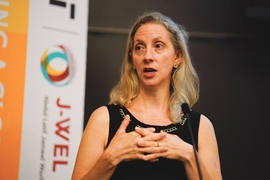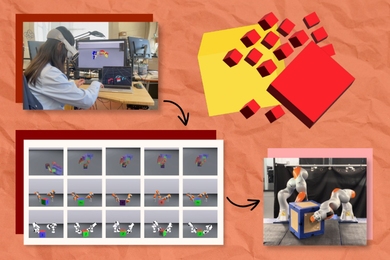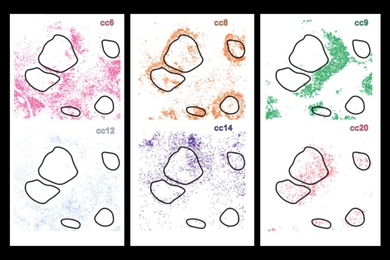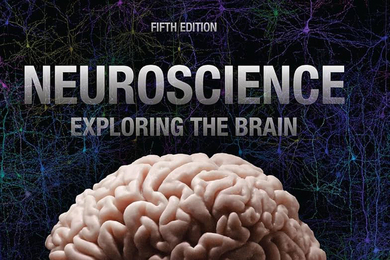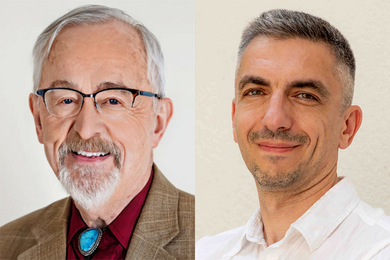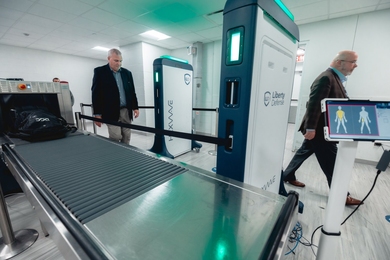The Ad Hoc Task Force on Open Access to MIT’s Research has released its final recommendations, which aim to support and increase the open sharing of MIT publications, data, software, and educational materials.
The Institute-wide open access (OA) task force, convened by Provost Martin Schmidt in July 2017, was charged with exploring how MIT should update and revise MIT’s current OA policies to “further the Institute’s mission of disseminating the fruits of its research and scholarship as widely as possible.” A draft set of recommendations was released in March 2019 for public comment, and this valuable input provided by the community was incorporated into the final recommendations.
“In 2009, MIT made a bold statement when it passed one of the country’s first faculty open access policies and the first to be university-wide,” says MIT Libraries Director Chris Bourg, co-chair of the task force with Hal Abelson, Class of 1922 Professor of Electrical Engineering and Computer Science. “Ten years later, we remain convinced that openly sharing research and educational materials is key to the MIT mission of advancing knowledge and bringing that knowledge to bear on the world’s greatest challenges. Through the course of our work, the task force heard from MIT community members who are passionate about extending the reach of their work, and we feel our recommendations provide policies and infrastructure to support that.”
The recommendations include ratifying an Institute-wide set of principles for open science and open scholarship, which affirm MIT’s larger commitment to the idea that scholarship and its dissemination should remain in the hands of researchers and their institutions. The MIT Libraries are working with the task force and the Committee on the Library System to develop a framework for negotiations with publishers based on these principles.
Recommendations to broaden the MIT Faculty Open Access Policy to cover all MIT authors and to adopt an OA policy for monographs received widespread support across the Institute and in the broader community. The task force also calls for heads of departments, labs, and centers to develop discipline-specific plans to encourage and support open sharing. The libraries have already begun working with the departments of Linguistics and Philosophy and Brain and Cognitive Sciences to develop sample plans.
“Scholarship serves humanity best when it is available to everyone,” says Abelson. “These recommendations reinforce MIT's leadership in open access to scholarship.”
In an email to the MIT community, Provost Martin Schmidt announced that he would appoint an implementation team this fall to prioritize and enact the task force’s recommendations. He has asked Chris Bourg to convene and lead this team.


